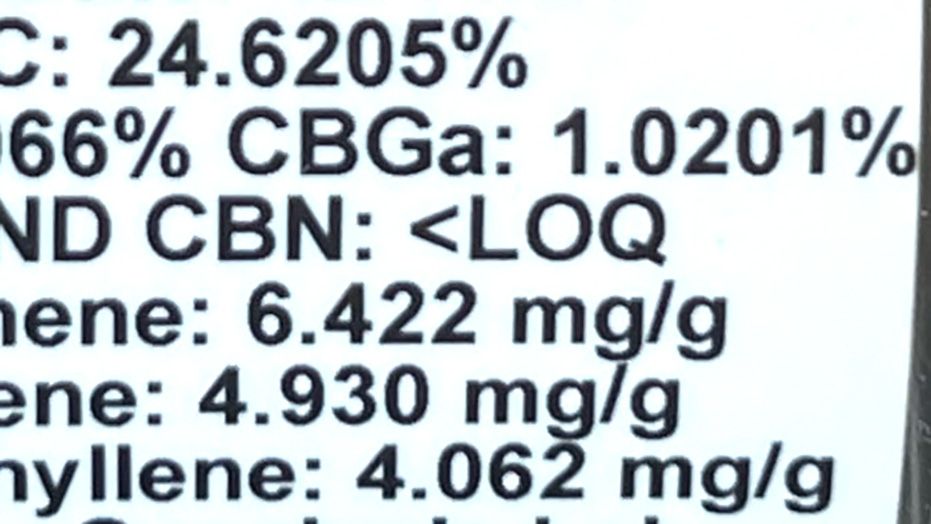White-label vape products have become an attractive option for brands entering the cannabis and hemp space without investing heavily in production facilities. Yet, with convenience comes responsibility: ensuring the safety, accuracy, and quality of products that carry your name. This is where third-party lab testing plays a vital role. Independent verification is more than compliance—it’s the foundation for building consumer trust and brand longevity.
Prioritizing Consumer Health
The top reason for testing vape products through independent labs is consumer safety. The vaping-related health scare of 2019 revealed the dangers of poorly regulated or contaminated oils. By checking for pesticides, heavy metals, residual solvents, and microbial contamination, third-party labs help ensure that each vape cartridge is free from harmful compounds. When brands commit to rigorous testing, they protect consumers and shield themselves from avoidable safety risks.
Guarding Against Reputational Risks
In the white label model, multiple brands may rely on the same manufacturer or supplier. A single contaminated batch could affect numerous product lines, putting multiple companies at risk. Independent lab reports act as a quality shield, giving brands confidence that products meet safety and purity standards. Publicizing lab results strengthens transparency, helping brands separate themselves from less scrupulous competitors and demonstrating credibility in a crowded market.
Confirming Cannabinoid Accuracy
Consumers purchase vape products with specific expectations about potency and cannabinoid content. Whether someone is seeking high-THC formulations or balanced CBD-to-THC ratios, accuracy matters. Third-party labs verify cannabinoid levels and terpene profiles, ensuring labels reflect what’s in the cartridge. Incorrect potency reporting not only disappoints customers but can also open brands up to legal or regulatory action. Reliable lab data is the key to keeping consumers informed and satisfied.
Staying Ahead of Regulatory Requirements
Cannabis and hemp regulations vary widely by state, and in many legal markets, third-party lab testing is mandatory before products can reach shelves. For white label vape companies, testing ensures compliance across jurisdictions and reduces the risk of penalties or recalls. Even in states with looser oversight of hemp-derived products, voluntarily testing can set a higher standard of professionalism. Brands that integrate transparent testing into their operations today will be better prepared for the inevitable shift toward stricter federal regulation.
Strengthening Customer Relationships
Today’s consumers are research-driven and more likely to seek out lab reports before making purchases. Many brands provide QR codes on packaging that link directly to Certificates of Analysis (COAs), offering real-time transparency. By making these results easily accessible, white label companies foster confidence and help educate buyers about the importance of safety and cannabinoid accuracy. Customers who trust a brand’s integrity are far more likely to become repeat buyers.
Turning Compliance Into Competitive Advantage
Lab testing adds costs to production, but it delivers significant returns in brand value. Dispensaries and retailers prefer to carry products backed by strong compliance records, and consumers are willing to pay more for verified quality. In the competitive vape sector, brands that highlight third-party testing not only protect themselves legally but also carve out a reputation as reliable and trustworthy.
Closing Perspective
For white label vape brands, third-party lab testing is not just about meeting minimum legal standards—it’s about defining a brand’s credibility. Independent verification safeguards consumer health, ensures product consistency, and protects reputations in a fast-moving industry. In a marketplace full of choices, the brands that embrace testing as a pillar of their operations will be the ones that inspire loyalty and lead the way forward.

